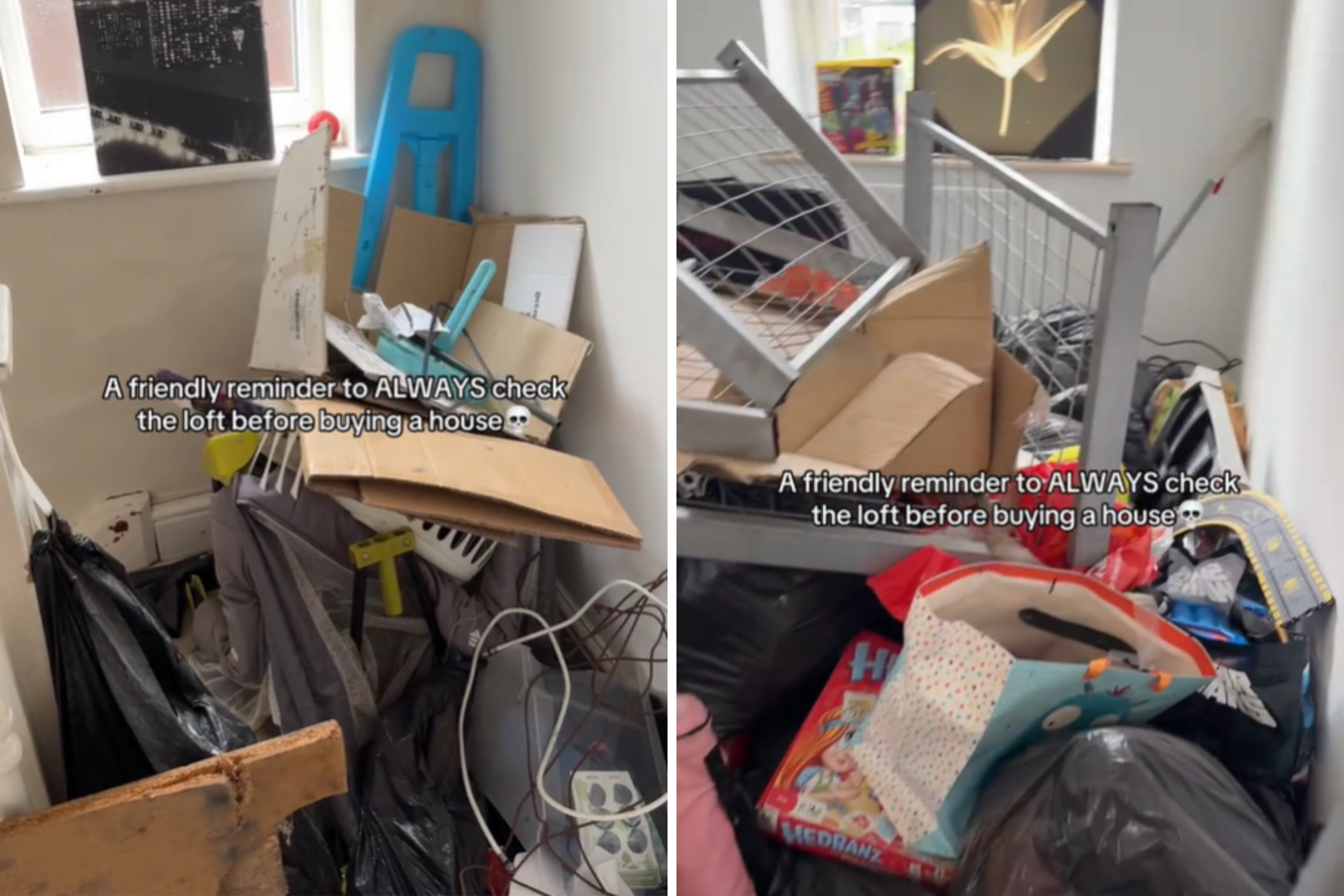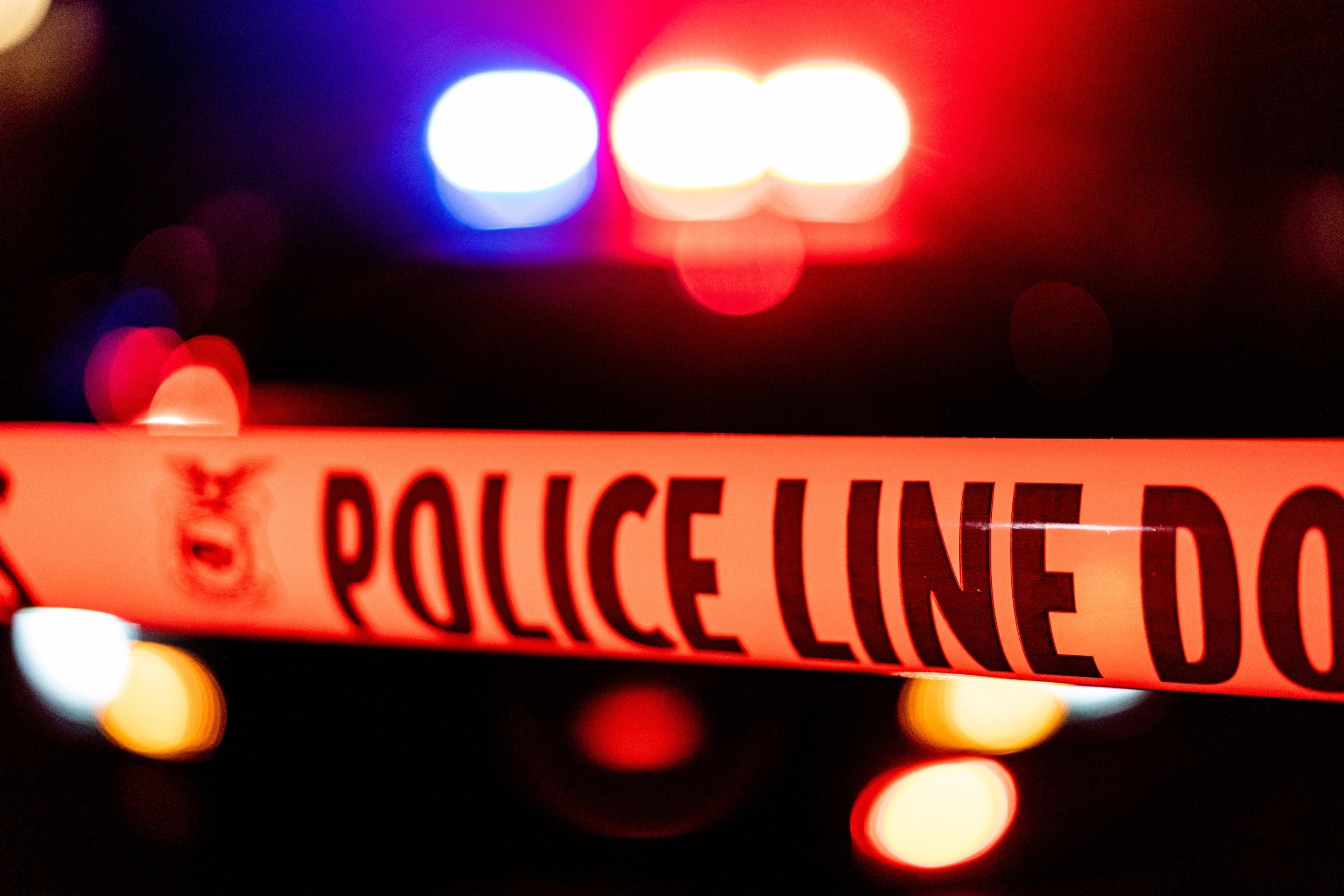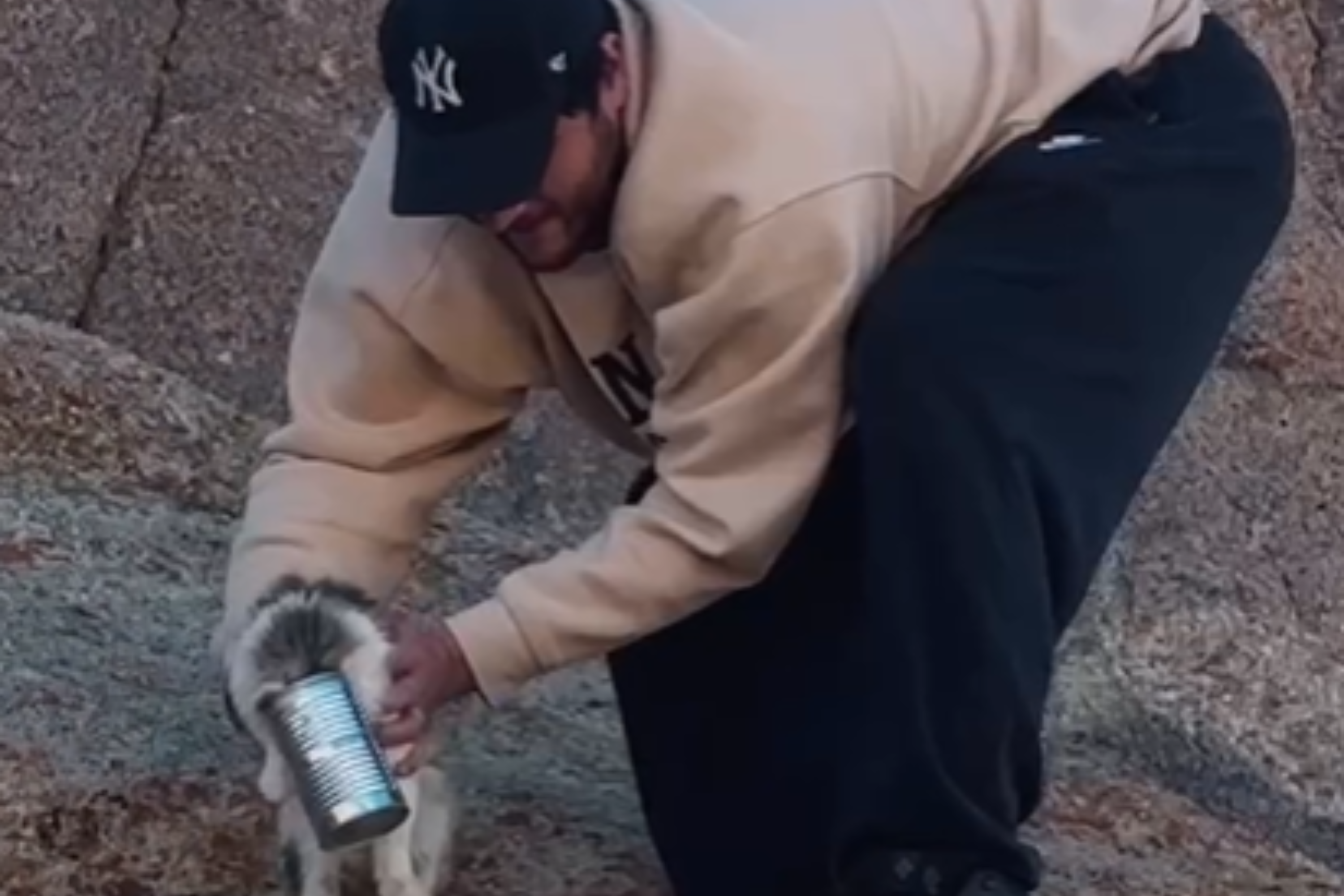Lamps and heaters across the United States have been recalled as fire warnings around lithium-ion batteries have been issued.
Despite being used on an everyday basis to power electrical appliances, lithium batteries can explode and start fires with little notice. An increasing number of lithium-ion battery related fires have been reported recently across the world.

A recall notice was issued on November 7 by the Consumer Product Safety Commission (CPSC) for 5,300 units of Tala's The Muse Portable Lamp. Portable lamps currently being sold through the company's website are not affected.
The recalled lamps, distributed by Tala North America, are described as being subject to an electrical malfunction that can cause the lightbulb to fail and the lithium-ion battery to overheat, ultimately causing a fire hazard. The issue is low-risk, Tala North America says, with an incidence rate of 0.0074 percent.
The affected lamps are manufactured in China and were sold online at West Elm, One Kings Lane, Lumens, Lulu & Georgia, Lightology and Anthropologie from September 2021 through July 2024. Prices range from $275 to $495.
The affected batch codes are 01/21, 01/22, 01/23 and 01/24 and are printed on the base of the lamps. The CPSC advises that anyone in possession of a recalled lamp should stop using the product and contact Tala North America for a free replacement bulb.
Newsweek has emailed Tala North America for comment.
GoveeLife and Govee Smart Electric Space Heaters have also been recalled by the CPSC due to fire and burn hazards posed by overheating.
Around 512,500 units in the United States are thought to be affected, with an additional 48,600 affected units in Canada.
The CDSC says that GoveeLife and Govee have received 113 reports of overheating, including seven reports of fires and one report of a minor burn injury. Newsweek has emailed GoveeLife and Govee for comment.
The space heaters affected have the model numbers H7130 (including the H7130101 variation), H7131, H7132, H7133, H7134, and H7135 printed on the side. These heaters were available to buy online from a number of retailers, including TikTok shop, with prices ranging from $31.80 to $106.63.
Those in possession of these hazardous heaters should cut the power cord and send photographic proof of the destroyed space heater to GoveeLife or Govee to receive a refund.
Lithium-ion battery fires have been on the rise. On October 30, a fire broke out at a lithium-ion battery recycling plant in Fredericktown, Missouri.
This followed an event in August in Burke County, North Carolina, when a minivan seat caught fire after a battery in a children's e-book overheated. A lithium-ion battery-related house fire also occurred in Tulsa, Oklahoma, in August when a dog chewed a power bank.
In February of this year, data journalist Fazil Khan was killed when a fire, started by an e-bike battery malfunction, ripped through an apartment block in Harlem, New York.
In South Korea, at least 20 people were killed in a fire at a lithium battery-manufacturing factory in June.
On account of the rise in incidents nationwide, the Chicago Fire Department now tracks lithium-ion battery fires.
In July, City Hall New York reported that, since 2019, there had been 733 fires, started by lithium-ion batteries, which killed 29 people and injured 442. Lithium battery fires are harder to put out as they require a lot more water than regular ones.
To combat this, New York Mayor Eric Adams and the Fire Department New York (FDNY) invested $1 million into ad campaigns designed to raise awareness around lithium batteries.
In addition, the Chicago Fire Department recently began tracking lithium-ion battery fires. "If you hear hissing or see smoke, get out and call 911," said Ryan Rivera, commanding fire marshal for the department.
To protect from lithium-battery fires, the U.S. Fire Administration advises storing batteries at room temperature and not charging them at below 32 degrees Fahrenheit or above 105 degrees Fahrenheit.
Use should also be stopped immediately if you notice a change in color, the emergence of odor, leaking, excess of heat, change in shape or odd noises coming from lithium-ion batteries.




















 English (US) ·
English (US) ·